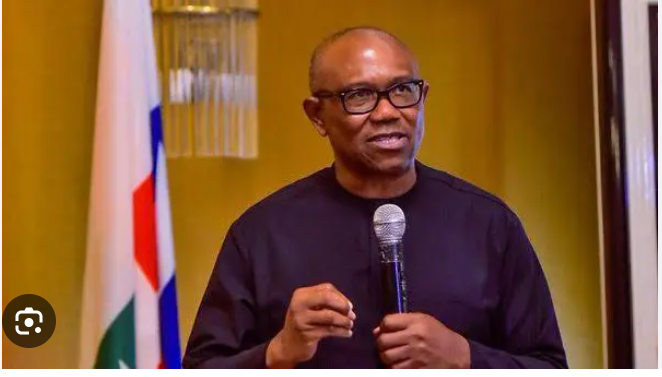Presidential aide, Bayo Onanuga, has publicly criticized Labour Party presidential candidate, Peter Obi, for his silence following the Supreme Court’s historic ruling granting financial autonomy to local government areas.
On Thursday, July 11, the Supreme Court issued a landmark ruling that significantly impacts the governance and financial independence of Nigeria’s 774 local councils. This ruling has been hailed by many as a crucial step towards decentralizing power and ensuring more efficient and autonomous local governance. The decision has sparked a range of reactions from political figures and citizens alike, with many praising the move as a victory for grassroots democracy.
In a series of posts on social media platform X, Onanuga expressed his disappointment in Obi’s lack of response. He accused Obi of being quick to share “unverified news” about President Tinubu and Nigeria but remaining conspicuously silent on significant positive developments such as this one. Onanuga’s remarks were aimed at highlighting what he perceives as a biased and selective approach to public commentary by the Labour Party’s presidential candidate.

Describing Obi as the “defeated Labour Party presidential candidate,” Onanuga wrote:
Read Also: Peter Obi Calls for Reflection and Urges Nigerian to Learn from Kenya’s Experience
“Why is Peter Obi silent? More than 36 hours after the Supreme Court gave a landmark ruling, granting financial autonomy to Nigeria’s 774 local councils, Mr. Peter Obi, the defeated Labour Party candidate, has yet to utter a word on the epochal judgment. His silence confirms the belief that he is always quick to tweet unverified news about the Tinubu administration or our country. A
good opposition statesman must be candid enough to applaud his political opponent when he has done some great deed. The Tinubu administration has succeeded in giving life back to our emasculated councils, using the instrumentality of the law. Even Atiku Abubakar has grudgingly admitted this. But Peter has been silent. He should break his silence and acknowledge that President Tinubu is making a great Nigeria possible.”
The Supreme Court’s ruling has been seen as a major achievement for the Tinubu administration, which has been working towards implementing reforms that promote transparency, accountability, and local empowerment. By granting financial autonomy to local councils, the ruling is expected to enhance the delivery of public services, promote local economic development, and reduce bureaucratic bottlenecks.
As the public waits for a response from Peter Obi, the conversation continues about the importance of balanced political discourse and the need for all political actors to contribute positively to national development. Whether Obi will address Onanuga’s remarks and the Supreme Court’s ruling remains to be seen, but the issue has undoubtedly sparked a broader discussion on the dynamics of political engagement in Nigeria.




